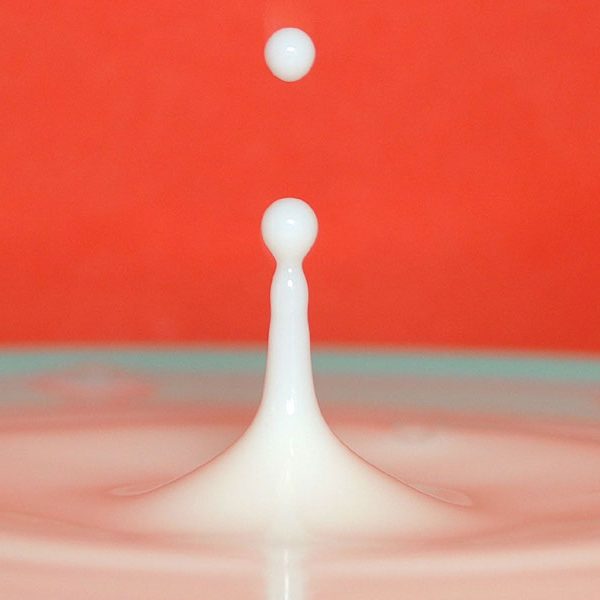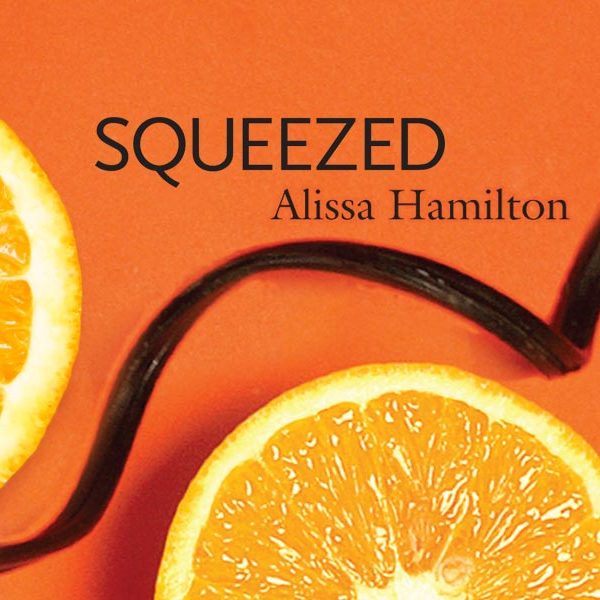Ask an Academic: Alissa Hamilton on Orange Juice
The following interview with Alissa Hamilton was originally posted by Andrea Walker on the New Yorker's Book Bench blog:
Why orange juice?
In general, I am interested in how the food-processing industry is affecting the growing of major agricultural crops in the United States. It struck me that orange juice would be a perfect case study, because so many drink it, and the product is essentially processed oranges.
In your Introduction, you write that most orange-juice drinkers are “misinformed about what it is they are drinking.” Is it the “processed” part that most consumers are misinformed about?
That’s part of it. Most are surprised to hear, for instance, that the big brands, which market their product as “pure” and “simple,” add flavor packs to their juice to make it fresh. But people are also misinformed about the growing of juice oranges. A flight attendant once told me that he gets far more requests for orange juice on flights to Florida, because there’s still a strong association of oranges with the state. Yet most of the juice he’s serving now comes from Brazil, where there are fewer environmental regulations, and labor and land for growing oranges are cheaper.
Woah. Back up to the flavor packs. Why doesn’t orange juice taste fresh naturally, especially if it’s “not from concentrate”?
Squeezed.jpgFlavor packs are fabricated from the chemicals that make up orange essence and oil. Flavor and fragrance houses, the same ones that make high end perfumes, break down orange essence and oils into their constituent chemicals and then reassemble the individual chemicals in configurations that resemble nothing found in nature. Ethyl butyrate is one of the chemicals found in high concentrations in the flavor packs added to orange juice sold in North American markets, because flavor engineers have discovered that it imparts a fragrance that Americans like, and associate with a freshly squeezed orange.
Freshly squeezed orange juice tastes fresh naturally, and some supermarkets do sell it. However, “from concentrate” and most “not from concentrate” orange juice undergo processes that strip the flavor from the juice. The largest producers of “not from concentrate” or pasteurized orange juice keep their juice in million-gallon aseptic storage tanks to ensure a year round supply. Aseptic storage involves stripping the juice of oxygen, a process known as “deaeration,” so the juice doesn’t oxidize in the “tank farms” in which the juice sits, sometimes for as long as a year.
Are these recent inventions?
The tank farms that have come to play a central role in the large-scale production of “not from concentrate” orange juice are a fairly recent innovation. In the nineteen-eighties, Tropicana’s solution to providing a year-round supply of Pure Premium “not from concentrate” juice was simpler: it stored frozen slabs of freshly squeezed juice in above ground tunnels. In the early nineties, it replaced most of these tunnels with the cheaper aseptic storage tanks. Some say Tropicana used to taste better. Considering the degree to which aseptically stored juice must be doctored to taste like orange juice, it’s not surprising that those who have been drinking Tropicana long enough can taste the difference.
I’m sure I’m not the first person to ask you this, but what was your take on the Tropicana redesign controversy?
The controversy was mostly over aesthetics. I don’t have much of an opinion about that, and don’t feel entitled to one, because I don’t buy the product. However, I do have something to say about a statement I noticed on the top of the new and now discontinued carton: “squeezed from fresh oranges.” Although meaningless as is (I would hope the oranges Tropicana squeezes for its juice are fresh), it looks and sounds a lot like “fresh squeezed” and could easily be read that way by supermarket shoppers. It isn’t the first time Tropicana has tried to reinvent its juice from the outside rather than the inside. In the late nineteen-eighties, it came up with the phrase “not from concentrate” to distinguish its pasteurized orange juice from the cheaper “from concentrate” or “reconstituted.” The idea was to convince consumers that Tropicana’s juice was a fresher, less processed product than reconstitute, and therefore worth paying more for. Then, unlike now, the effort was successful: within five years of the name change, sales doubled and profits almost tripled.

























I know this is slightly off topic but I am beginning to really lose all faith and credibility in the FDA. It seems to me that instead of focusing their efforts on protecting the general public they are in-turn being influenced by corporate agenda and special interest. I take everything they say with a grain of salt.